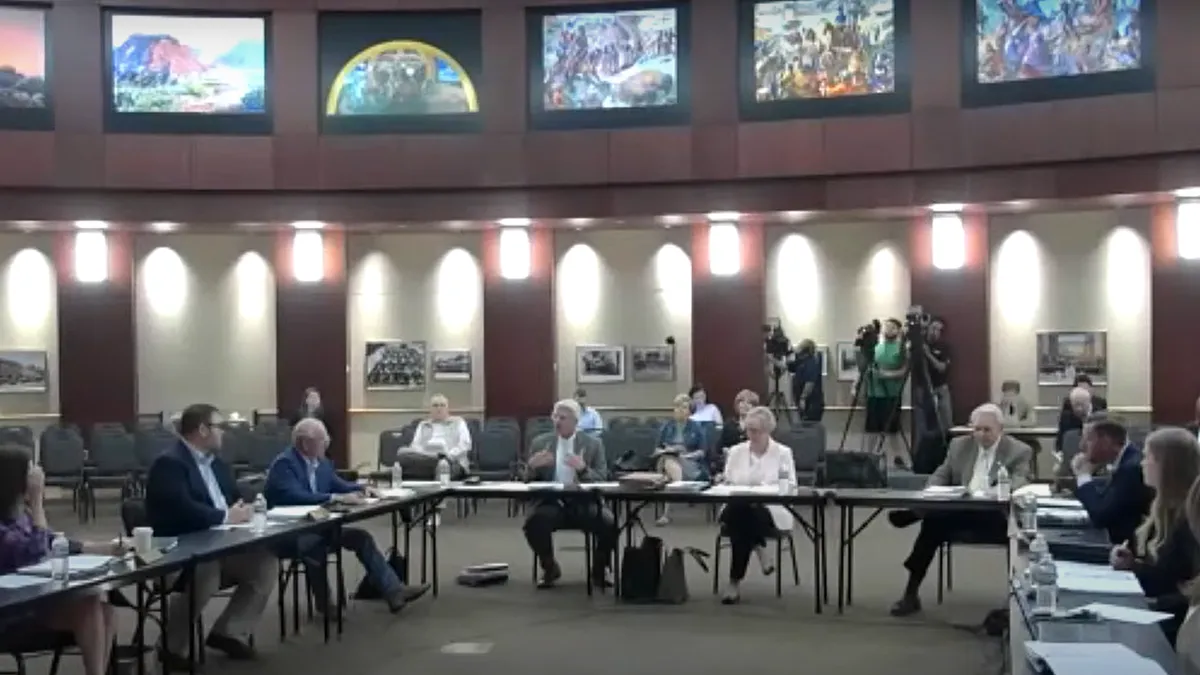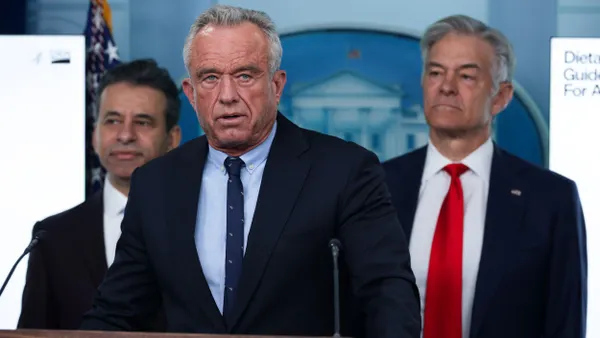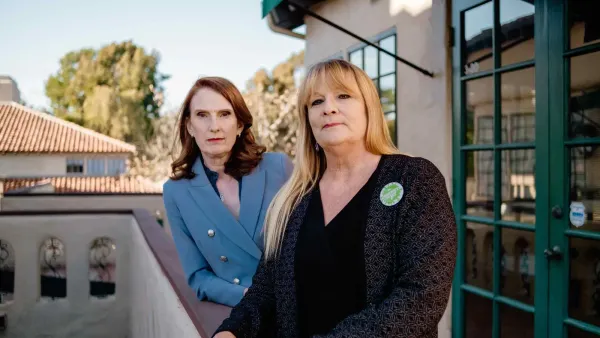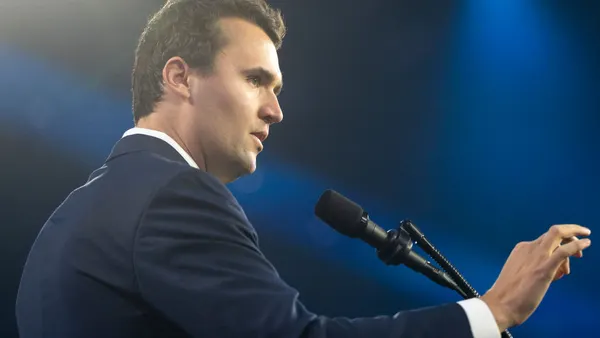Oklahoma will still consider approving a religious charter school despite a February opinion from new state Attorney General Gentner Drummond saying that doing so "misuses the concept of religious liberty by employing it as a means to justify state-funded religion.”
At an April 11 meeting, the Oklahoma Statewide Virtual Charter School Board unanimously turned down an application from the Archdiocese of Oklahoma City to establish the St. Isidore of Seville Catholic Virtual School. However, the board gave the applicant 30 days to revise their plan and address issues related to broader K-12 concerns, like academics, special education services and internet access for rural students.
The board did not ask the archdiocese to address issues raised by opponents — such as potential religious or sex discrimination in admissions and academics — of what would be the nation's first virtual religious charter funded by state taxpayer money.
"Irrespective of the constitutionality of the proposal....the stronger the application is…the better off the school perhaps would be when all things got endorsed," said Robert Franklin, chairman of the Oklahoma Statewide Virtual Charter School Board, said in last week’s meeting.
The decision to punt, rather than reject, approval of the Archdiocesan virtual school, comes after Drummond raised such concerns in February. Drummond said an opinion issued by his predecessor, John O’Connor, allowing religious charter schools would "be used as a basis for taxpayer-funded religious schools."
“Because of the gravity of both sides of this opinion...or this decision that we make...they [either side] pretty much said publicly they intend to sue this board,” said Robert Franklin, chairman of the Oklahoma Statewide Virtual Charter School Board, said in last week’s meeting.
In fact, the issue of a religious virtual charter school in Oklahoma was spurred by two Supreme Court cases — Carson v. Makin and Espinoza v. Montana Department of Revenue — that gave private institutions access to public funding regardless of their religious use or status.
Following those cases, O'Connor said last December that Oklahoma law prohibiting publicly funded charter schools from affiliating with nonpublic sectarian schools or religious institutions violated the First Amendment.
“The more complex question here is whether a religiously affiliated applicant must be allowed to establish and operate a charter school in conformance with that applicant’s ‘sectarian’ or ‘religious’ traditions,” O’Connor wrote in the opinion that Drummond overturned. “The State cannot enlist private organizations to ‘promote a diversity of educational choices’ … and then decide that any and every kind of religion is the wrong kind of diversity.”
When the Supreme Court announced the Carson decision last year, 45 states and the District of Columbia had charter school authorizing laws that could be impacted. In another case, Charter Day School v. Peltier, courts could finally address whether charter schools are public or private, a decision that could impact the Archdiocesan virtual school case and the entire school choice landscape.
In that case, Charter Day School requested the Supreme Court review the 4th U.S. Circuit Court of Appeals' June 2022 decision that decided charters are considered public. The Supreme Court has not yet announced whether it will take the case, but that could be decided sometime this year.







 Dive Awards
Dive Awards



